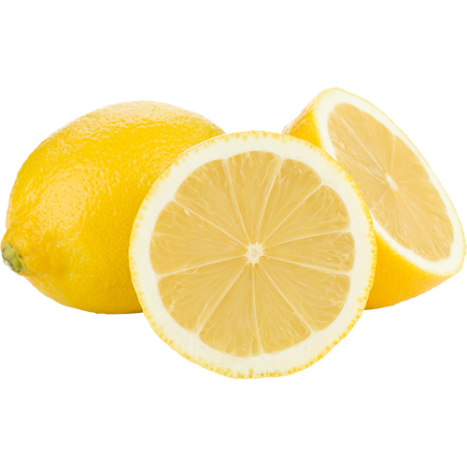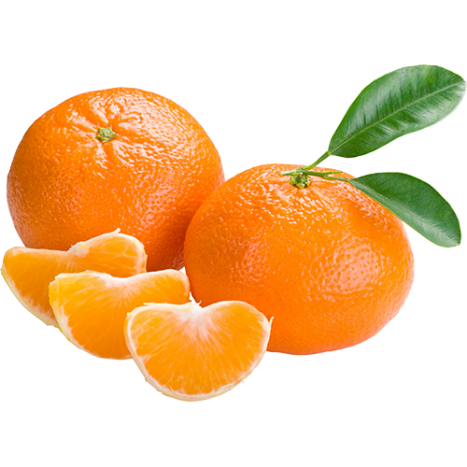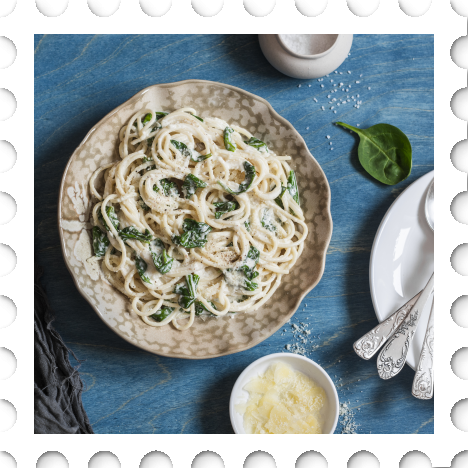My motivation to go organic was mostly personal. We had some cases of illness in our family and I became convinced that pesticides were the cause of the health problems particularly for growers that work with such products on a week to week basis. On top of that they are harmful to nature: they kill beneficial insects and have a negative impact on soil life. So two years after starting our company I turned organic in 2004. It’s a wonderful idea to provide so many people all over Europe with healthy fruit, and being able to contribute to their quality of life.

Taner Bugay
Hi, I’m Taner Bugay and I grow organic Meyer lemons and mandarins in Turkey for Nature & More. Our company is called Tareks LTD and our orchards are located in the south of Turkey, near the city of Adana.
N&M: What do you like most about your work?
Taner: “I love to work with nature. You can feel that energy around you in our orchard. I have learned a lot since I went organic. In the organic approach you don’t fight plagues and diseases, you try to prevent them. You have to learn about the life cycles of insects, so you know when to take action, but no more than that. We don’t exterminate them, we always leave some of them alive. That may cause a small amount of affected fruit, but we can use that for our compost. You learn lots of tricks to work with nature’s balance. It’s a bit scary at first, because you have no guaranties, but when you see it really works, that’s a great reward.”
What plans do you have regarding further sustainability?
A dream we've had for a long time has recently been realized. For the warehouse and drip irrigation, we now use 100% solar energy! A project we are currently working on is to use and reuse rainwater for washing our fruit.








